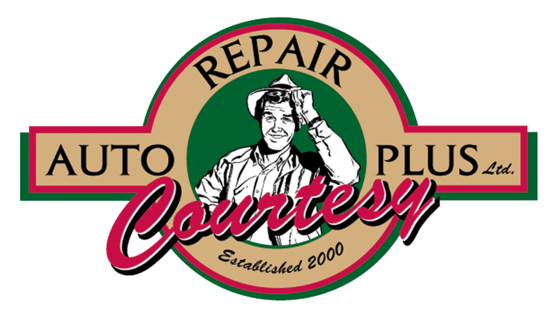Always on Guard (TMPS)
October 20, 2024
One of the most important things you can do to keep your vehicle running safely is to make sure your tires are properly inflated. If one or more is vastly over- or underinflated, that has the potential to cause major handling problems and may result in a dangerous accident.
All vehicles in recent years are equipped with Tire Pressure Monitoring Systems, or TPMS. One system uses small sensors in the tires that continually check the pressure in each tire. That sensor sends a signal to computers in your vehicle which turns on an instrument panel light warning of low pressure when at least one is very low. Or it may update a numeric reading on your instrument panel which gives you an approximation of how many PSI (pounds per square inch) of air is in each tire.
Another system works with your antilock brake system to measure the size of your vehicle’s tires. When one wheel is going faster than another, it will spin faster. A computer sees that and alerts you that tire’s diameter is smaller than the others and therefore must be underinflated.
No matter what system you have, it’s also helpful for you to know how much pressure each tire is supposed to be inflated to. You can find that on a label on the driver’s side door sill. In addition, the TPMS system should not be used as a substitute for checking your tires with a tire gauge since the TPMS accuracy usually isn’t quite as precise. Keep in mind that tire sensors can fail, so each system acts as a backup for the other.
Since many vehicles these days don’t have spare tires, it’s good to know that your TPMS can warn you if you have a leak in one of your tires. If you get a low-pressure warning, many systems will tell you which tire is low, so you can do your own visual check. Often you can see if you’ve picked up a nail or a screw if it’s sticking out of the tread or near the sidewall.
Being able to receive an early warning from your vehicle of abnormal tire pressure may give you a chance to safely drive to a service center before your tire slowly goes completely flat (which can ruin the tire and badly damage the rim). It also may ultimately prevent you from being stranded somewhere with a flat tire or, most importantly, having a sudden blowout on the road.
Courtesy Auto Repair Plus
967 Bon Air Ave
Tiffin, Ohio 44883
419-443-0797
http://www.courtesyautorepairplus.com
More articles from Courtesy Auto Repair Plus

Lubricate Driveshaft
April 20, 2025
See if any of these are happening to your vehicle. You feel it vibrating excessively underneath when its running, or you hear strange clunking, grating, or grinding sounds coming from beneath. Maybe its hard to turn your vehicle, or you can hear squeaking when youre going slow. Perhaps you fee... More

Change is Good (Oil Change)
April 13, 2025
You've heard that expression, change is good. When it comes to your vehicle's oil, change is not only good, it's vital for the health of the engine. But there's one question that puzzles many drivers: how frequently should my vehicle's oil be changed? There is not one simple answer, but here ar... More

Fuel for Thought
April 6, 2025
If you're like most people and drive a gasoline-powered vehicle, you need to be up to speed on its fuel-related components. They're pretty basic: the fuel, the fuel filter and the fuel pump. The fuel's the easy part. You probably gas up your vehicle yourself and, if you're like most drivers, pr... More







